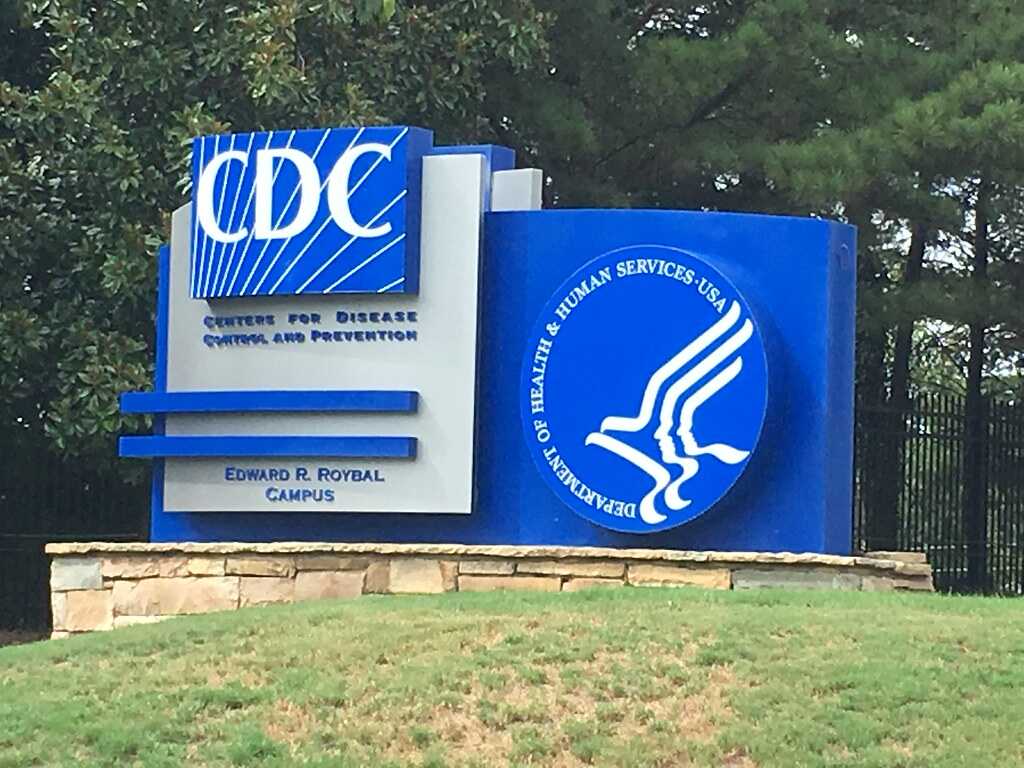The U.S. Senate gave Susan Monarez the nod to run the Centers for Disease Control and Prevention with a razor-thin 51-47 vote on July 29, 2025. The party-line approval makes her the first CDC director confirmed under the 2023 rule change requiring Senate approval for the position.
Monarez steps up from her acting director role, which she’s held since January, into a CDC workplace that’s hardly recognizable from a year ago. With sweeping budget cuts, staff reductions, and policy changes reshaping the CDC, her confirmation comes at a pivotal moment for U.S. public health.
During her confirmation hearing, Monarez stated, “Vaccines save lives.”
From Lab Work to Corner Office
Monarez brings solid scientific credentials to the job. She earned her Ph.D. studying tiny parasites at the University of Wisconsin-Madison in 2003, then did postdoc research at Stanford. Her resume includes stints at the Advanced Research Projects Agency for Health (ARPA-H), the Office of Science and Technology Policy, and the National Security Council’s biodefense team.
At her confirmation hearings, senators peppered her with questions about vaccines. She didn’t waffle: “Vaccines save lives.” When asked about a recent child’s measles death, she referenced CDC data indicating about one measles death per 1,000 unvaccinated cases. She also backed water fluoridation as safe—a stance that puts her at odds with her boss, HHS Secretary Robert F. Kennedy Jr.
Red Ink and Pink Slips
The financial picture at CDC is bleak. HHS budget docs show funding dropping from $9.2 billion to $4.1 billion—a 55% haircut—for fiscal year 2026.
The workforce took a beating too. According to union tallies, about 2,400 CDC staffers got pink slips in April—hitting labs, environmental health teams, and administrative offices. HHS later backpedaled and brought back 722 positions after public backlash, but staffing remains roughly one-third below January levels based on workforce analysis.
Workers didn’t take this lying down. Federal employee unions sued over probationary worker layoffs and won reinstatements via court order in March 2025.
In testimony to Congress, Secretary Kennedy said the reductions were meant to focus CDC resources on core public-health activities.
Trust Deficit
CDC’s credibility with the public has been on a rollercoaster. Kaiser Family Foundation surveys from January 2025 found 61% of Americans trust the CDC “a great deal” or “fair amount,” down from 66% in mid-2023. Republicans’ trust fell harder, dropping from 48% to 39%.
Similar Posts
The longer view from PLOS Global Public Health research shows trust in CDC plummeting from 82% in February 2020 to 56% by June 2022, with minimal recovery since.
Verdict from the Experts
Public health heavyweights have cautiously backed Monarez.
“I’ve known Monarez for a decade. She leads with evidence and pragmatism, and we really need her in this role,” said Jennifer Nuzzo, who runs Brown University’s Pandemic Center.
Georges Benjamin at the American Public Health Association offered similar backing: “She values science, is a solid researcher, and has been a good manager.”
Agency Shuffle
Monarez inherits an agency in the middle of a major reorganization. HHS is creating a new “Administration for a Healthy America” that will absorb many chronic disease programs previously housed at CDC.
Her confirmation also comes as U.S. global vaccine commitments face scrutiny. At her hearing, Monarez voiced support for international immunization efforts but sidestepped questions about the administration’s decision to pull U.S. funding from Gavi, the Vaccine Alliance.
The Road Ahead
Monarez now faces practical challenges: rebuilding depleted departments, stretching shrinking dollars, and maintaining scientific standards amid policy shifts.
Public health professionals are keeping close tabs on CDC’s trajectory. With about one-third fewer staff and half the previous budget, the agency enters a new chapter under Monarez’s Senate-confirmed leadership.
The workforce pressures and budget constraints coincide with CDC’s revised COVID guidance for pregnant women and children. These policy shifts, coupled with staffing reductions, mark a significant turning point in the agency’s 78-year history.



















